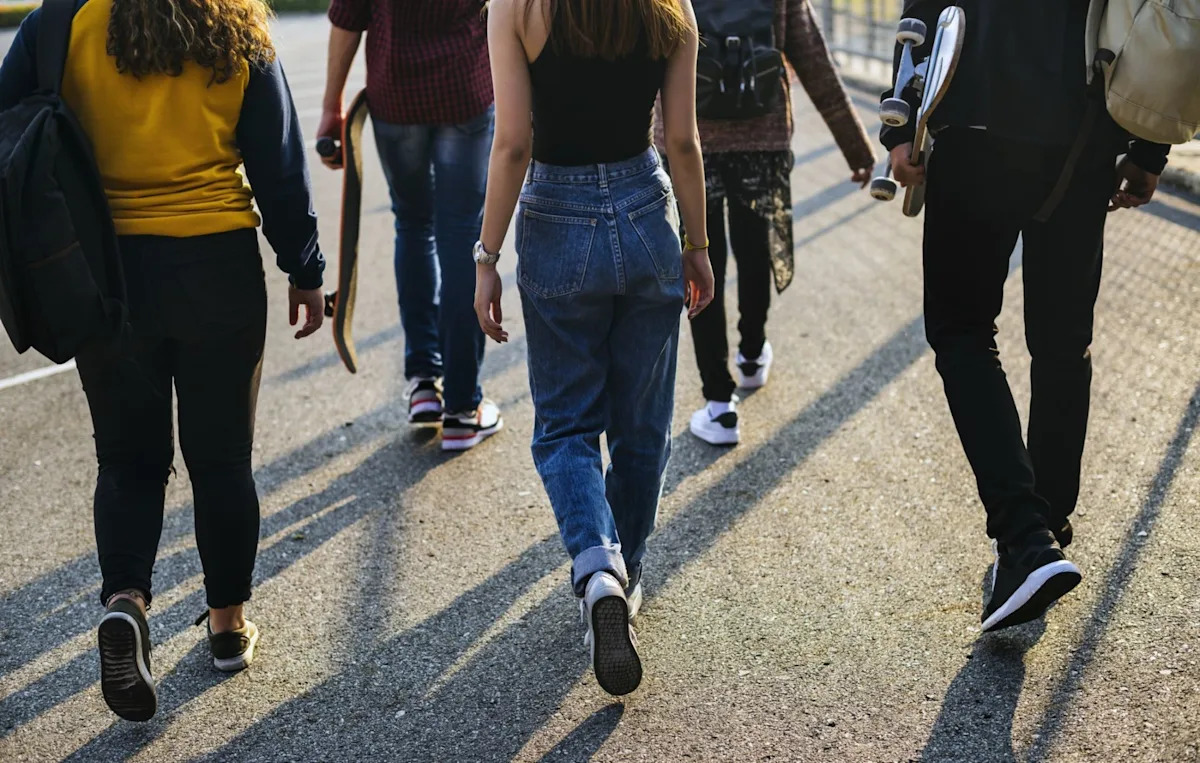New data reveals that West Virginia teenagers are leading the nation — not in academics, but in vaping.
What’s happening?
As cigarette smoking becomes more taboo, many young people have turned to e-cigarettes, unaware that they may be trading one danger for another. According to The Jackson Star & Harold, nearly 17% of middle schoolers and 35.7% of high schoolers in West Virginia vape — the highest rates in the country.
“The student doesn’t know what was in the vape,” said Jody Sperry, Harrison County Schools coordinator of health services. “They’re kind of playing Russian roulette with their health.”
And the risks aren’t limited to the short term. “It hasn’t been around long enough to know where we really know what those long-term effects are,” explained V.J. Davis, administrator of the Preston County Health Department.
Why is this trend concerning?
Once marketed as a “safer” alternative to cigarettes, vaping has proved to be anything but harmless. E-cigarettes can contain nicotine, heavy metals, and volatile organic compounds — a toxic mix that damages developing lungs and increases the risk of addiction in young people.
Not only that, but manufacturers pack disposable vapes with single-use plastics, toxic metals, and lithium batteries that often wind up in landfills or scattered on the ground. Those discarded devices can leach heavy metals and other chemicals into soil and water, harming wildlife and contributing to the growing global waste problem.
What’s being done about it?
Public health officials across the state are calling for stronger regulations, school-based education campaigns, and limits on flavored vaping products that appeal to kids. Some schools are using air sensors to detect vaping on campus, while others are pairing education with peer-led prevention programs that address addiction early.
At home, parents and communities can help by talking openly about the risks, properly disposing of old devices at e-waste drop-offs, and supporting brands and policies that prioritize public health over profit.
Because, whether it’s our lungs or our landfills, the message is the same: Both deserve a clean breath of air.
Join our free newsletter for good news and useful tips, and don’t miss this cool list of easy ways to help yourself while helping the planet.

